In today’s digital age, we can’t ignore the colossal impact social media has on SEO. It’s a game-changer, shaping how we approach visibility online. Social platforms are not just for networking anymore; they’re a vital part of our SEO strategy.
We’ve seen firsthand how likes, shares, and viral content can drive traffic and enhance search engine rankings. It’s clear that social signals play a significant role in how websites are perceived and valued by search engines.
Join us as we dive deep into the symbiotic relationship between social media and SEO. We’ll explore how leveraging social platforms can boost your website’s search engine performance, drawing in more traffic and engagement than ever before.
Table of Contents
Key Takeaways
- Social media significantly impacts SEO by enhancing website visibility and search engine rankings through likes, shares, and viral content.
- Social signals like likes, shares, and follows are crucial for SEO as they indicate content popularity, relevancy, and enhance inbound links, indirectly improving search rankings.
- Optimizing social media profiles and engaging with the audience boosts organic traffic and improves SEO performance. Shareable, quality content amplifies reach and backlink potential.
- Localized social media interactions benefit local SEO by building local relevance and credibility, making businesses more discoverable to specific geographic audiences.
- The relationship between social media and SEO is bidirectional; a strong presence on one can boost performance on the other, necessitating an integrated approach for maximum digital marketing success.
- Regular monitoring of analytics for both social media and SEO is essential to refine strategies, adapt to algorithm changes, and maximize the benefits of integrating these two crucial elements of digital marketing.
The Growing Influence of Social Media on SEO
In recent years, we’ve witnessed a seismic shift in digital marketing. Social media has evolved from a mere communication platform to an integral part of SEO strategies. This evolution is not coincidental but a reflection of how deeply interwoven social media and SEO have become.
One can’t overlook the fact that social signals such as likes, shares, and follows now play a critical role in influencing SEO outcomes. These actions are testament to a page’s relevancy, quality, and popularity, factors search engines consider when ranking content.
Moreover, content that goes viral on social media platforms can lead to a significant increase in inbound links. These links are crucial as they signal to search engines that the content is valuable and authoritative. The end result is often a notable improvement in search engine rankings.
We also can’t ignore the power of social media profiles in search engine results pages (SERPs). A well-maintained profile that ranks high in SERPs can drive organic traffic to a website, thereby enhancing its SEO performance.
Another vital aspect is the impact of localized social media interactions. For businesses targeting specific geographic locations, social media provides an opportunity to engage local communities. This engagement is beneficial for local SEO, as it helps in building local relevance and credibility.
It’s essential to recognize that the impact of social media on SEO is not a one-way street. The synergy between them means that as one grows, the other benefits. By integrating social media strategies with SEO efforts, we can unlock new opportunities for traffic and engagement.
The correlation between social media activity and search engine rankings highlights the growing influence of social platforms on SEO. As we navigate this ever-evolving landscape, staying adaptable and proactive in blending social media with SEO strategies is key to capturing the full spectrum of digital opportunities.
Understanding the Role of Social Signals in SEO
Social signals like likes, shares, and follows have a profound impact on SEO. They indicate content popularity and relevance to both users and search engines. These signals act as endorsements, informing search engines that our content is valuable to users. Consequently, social signals can improve search rankings indirectly by increasing visibility and traffic.
When our content goes viral, it generates a significant number of inbound links. Search engines view these links as signs of credibility and authority. This is crucial because inbound links are a top-ranking factor for search engine algorithms.
Moreover, social media platforms are now considered search engines themselves. People use them to search for information, products, and services. Having a strong social media presence ensures our brand is visible where our audience is searching.
Localized interactions on social media platforms also play a vital role in SEO. They help build local relevance and credibility. For businesses targeting specific geographic locations, this is essential. Local signals can boost our visibility in local search results, making our business more discoverable to the local audience.
Let’s not forget, search engines also index social media content. Well-optimized posts can appear in search results, driving additional traffic to our social media pages and, ultimately, our website.
Lastly, the relationship between social media and SEO is bidirectional. A robust SEO strategy can improve our social media reach while an active social media presence can boost our SEO performance. This relationship is crucial for building a comprehensive digital marketing strategy.
Leveraging Social Media for Higher Search Engine Rankings
In today’s digital landscape, we understand the power of harnessing social media to elevate our visibility in search engine rankings. Social media isn’t just a platform for networking; it’s a vital tool in our SEO arsenal. By strategically sharing content that resonates with our audience, we not only increase our engagement rates but also signal to search engines that our content is valuable.
- Optimizing our profiles to ensure they are complete and SEO-friendly. This means using relevant keywords in our bio and posts which can lead to better visibility.
- Engaging with our audience consistently. This engagement translates into higher social signals, such as likes and shares, which positively impact our SEO rankings.
- Creating shareable content is at the heart of leveraging social media for SEO. Content that educates, entertains, or inspires is more likely to be shared, amplifying our reach and backlink potential.
We’re smart about leveraging influencers and content creators in our niche. Their large followings can dramatically increase our content’s reach and the inbound links pointing to our website.
- Utilizing hashtags effectively can make our content more discoverable to a wider audience. This directly impacts our social media visibility, driving more organic traffic to our site.
- Regularly monitoring our analytics helps us understand what works and what doesn’t. This data-driven approach ensures we’re always optimizing our strategy for the best SEO outcomes.
Incorporating videos and live streams into our strategy has become non-negotiable. These formats not only engage users but also keep them on our profiles longer, a key metric that search engines consider when ranking content.
By consistently applying these tactics, we’re not just enhancing our social media presence; we’re laying a solid foundation for higher search engine rankings. With every post, like, and share, we’re signaling to search engines that our content is credible, relevant, and valuable. This symbiotic relationship between social media and SEO is a powerful stride towards achieving our digital marketing goals.
The Impact of Social Media Engagement on SEO Performance
In today’s digital landscape, the line between social media and SEO continues to blur. We’ve found that engagement on social media platforms can significantly impact SEO performance. Likes, shares, and comments are not just vanity metrics; they contribute to a page’s visibility and searchability.
Highly engaged content tends to circulate more widely across the web. This increased visibility often leads to more inbound links, which are gold for SEO. Google and other search engines see these links as votes of confidence in your content’s quality.
We cannot overlook the role of user interactions in this equation. Engaging with users on social media helps to build a community around our brand. It’s this community that becomes a crucial source of organic traffic and backlinks.
Another key point is the indexing of social media content by search engines. When our content gets indexed, it becomes discoverable via search engines, thus boosting our SEO.
Lastly, engagement metrics from social media are believed to influence our site’s authority in the eyes of search engines. Though the exact impact isn’t transparent, higher engagement rates are associated with higher search rankings.
To maximize the SEO benefits of social media, we’ve embraced a strategy of creating share-worthy content. We focus on originality, relevance, and timeliness to encourage our audience to interact and share.
We also leverage influencers and content creators to extend our reach. Their endorsement can lead to a significant spike in engagement and traffic, which positively affects our SEO.
By monitoring our social media analytics, we’re able to understand what works and refine our strategy accordingly. This ongoing optimization ensures that our social media efforts continually support our SEO goals.
In integrating videos and live streams into our social media strategy, we’ve tapped into the high engagement potential of these formats. They not only captivate our audience but also encourage shares and interaction, further fueling our SEO.
Integrating Social Media and SEO Strategies for Maximum Benefit
Integrating social media and SEO strategies requires a well-thought-out plan.
First, we align our goals for both SEO and social media.
Achieving synergy between these two can significantly boost our digital presence.
Keyword research, traditionally an SEO staple, plays a crucial role in this integration.
We analyze popular and relevant keywords, then incorporate them into our social media posts.
Consistency in messaging across platforms enhances brand recall and engagement.
By consistently using targeted keywords in our social media content, we improve our chances of appearing in related search results.
Sharing quality content from our website on social media platforms can drive backlinks and traffic.
It’s not just about posting frequently, but posting content that adds value to our audience.
Visual content has proven to grab more attention and engagement on social media.
We ensure that images and videos shared are optimized for both social and search engines.
Engaging with our audience on social media boosts our social signals, which in turn influences our SEO ranking.
Prompt responses to comments and messages show that we value our audience, fostering loyalty and trust.
Another crucial aspect is monitoring and analyzing both social media and SEO metrics.
This data guides us in refining our strategies for better results.
To maximize the benefits of integrating social media and SEO, we must remain adaptable to changes in algorithms and audience preferences.
Staying informed about the latest trends and best practices in both areas is key.
By thoughtful integration of social media and SEO strategies, we’re not just chasing visibility.
We’re building a resilient and dynamic online presence that draws and retains a robust audience base.
Conclusion
We’ve seen the undeniable impact social media has on SEO and the potential it unlocks for improving our search engine rankings. By leveraging social signals, creating viral content, and maintaining robust social media profiles, we can significantly boost our online visibility. The importance of localized interactions and the strategic use of influencers and hashtags cannot be overstated. They’re key in building a community that’s engaged and invested in our content. As we move forward, integrating our social media and SEO strategies will be crucial. It’s not just about coexistence but about harnessing the power of both to drive traffic, engage audiences, and achieve our digital marketing goals. Let’s not forget the importance of analytics in this journey, as they guide our decisions and strategies towards maximum impact. Together, we can navigate the ever-evolving landscape of digital marketing with confidence, knowing we’re equipped to leverage the synergy between social media and SEO for our success.
Frequently Asked Questions
How do social signals like likes, shares, and follows impact SEO outcomes?
Social signals such as likes, shares, and follows can indirectly influence SEO outcomes by increasing visibility and driving more organic traffic to a site, thereby potentially improving search engine rankings.
Can viral content genuinely enhance search engine rankings?
Yes, viral content can enhance search engine rankings by generating a large number of inbound links from diverse sources. This amplifies the content’s visibility and relevance, which search engines favor in their rankings.
How do well-maintained social media profiles contribute to SEO performance?
Well-maintained social media profiles increase brand visibility and trustworthiness, driving more organic traffic to your website. This, in turn, can positively affect your SEO performance by signaling to search engines that your content is valuable.
Why is localized social media interaction important for businesses targeting specific geographic locations?
Localized social media interactions help build local relevance and credibility, making businesses more visible to a targeted audience in specific geographic locations. This can lead to improved SEO rankings in local search results.
How do search engines index social media content?
Search engines can index social media content that is public, making it discoverable in search results. This indexing helps improve visibility and can contribute positively to a website’s SEO.
What role do influencers and content creators play in SEO?
Influencers and content creators can amplify a brand’s reach and generate high-quality inbound links through their content, which can significantly impact a website’s search engine rankings positively.
How can hashtags effectively be used to boost SEO?
Using relevant and popular hashtags can enhance content visibility and engagement on social media, indirectly supporting SEO by driving more traffic to your web presence.
Why is monitoring social media analytics important for SEO?
Monitoring analytics helps understand content performance, enabling strategic adjustments that can lead to better engagement, increased traffic, and improved SEO outcomes.
How does incorporating videos and live streams into social media strategies affect SEO?
Videos and live streams can significantly increase engagement and shareability of content, leading to higher traffic volumes and potential backlinks, which are beneficial for SEO.
Why is the integration of social media and SEO strategies crucial?
Integrating social media and SEO strategies is crucial for maximizing traffic and engagement opportunities. Synergizing these efforts leads to broader visibility and potentially higher search engine rankings.


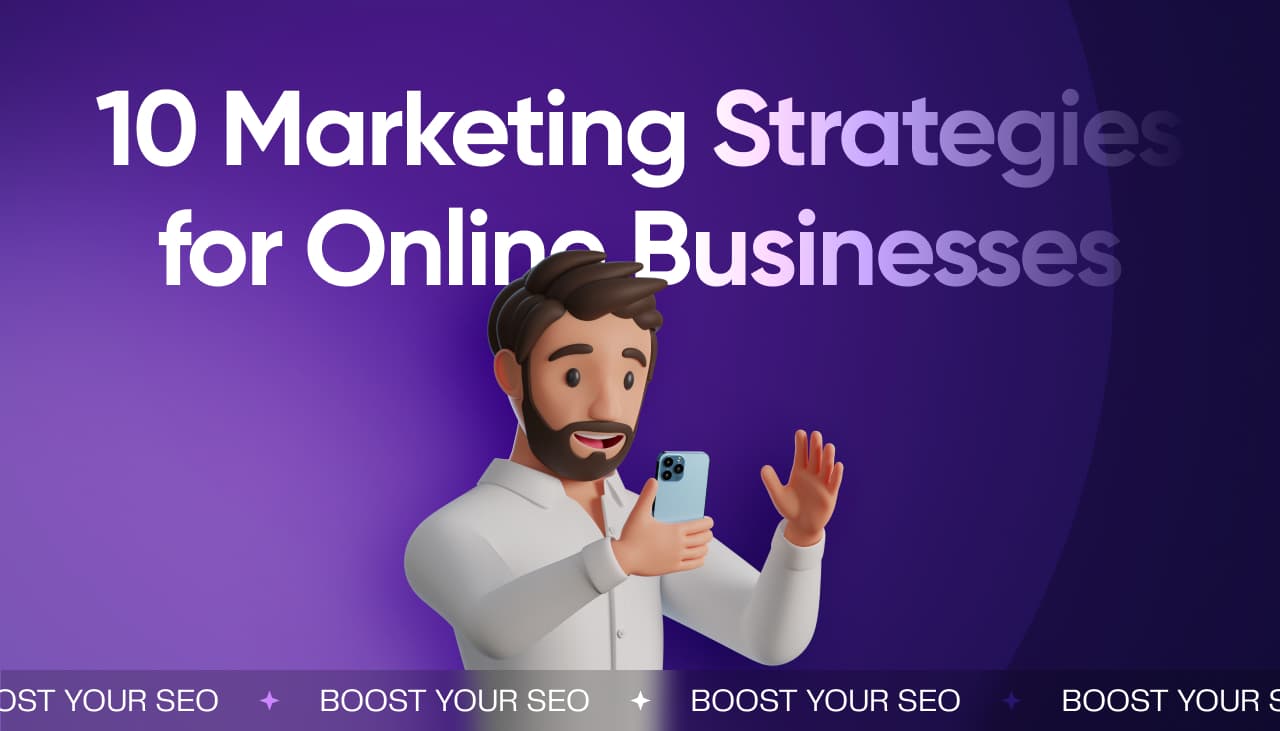


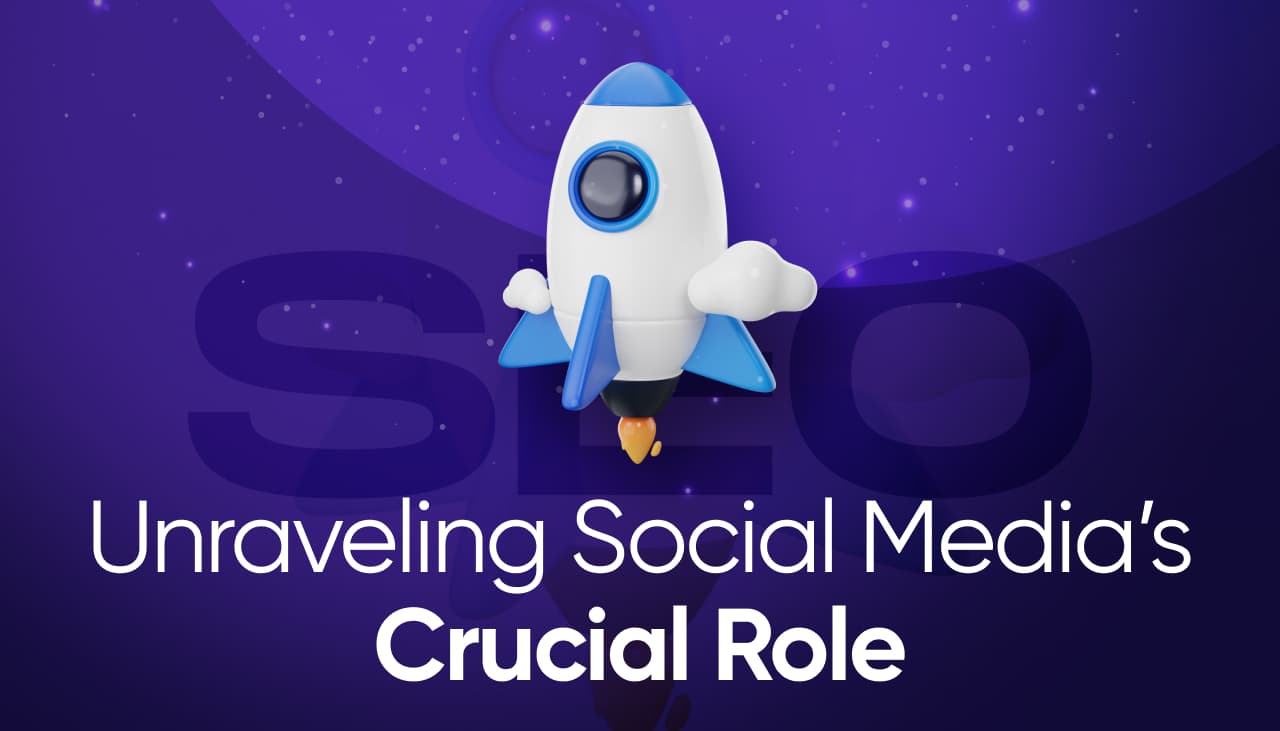



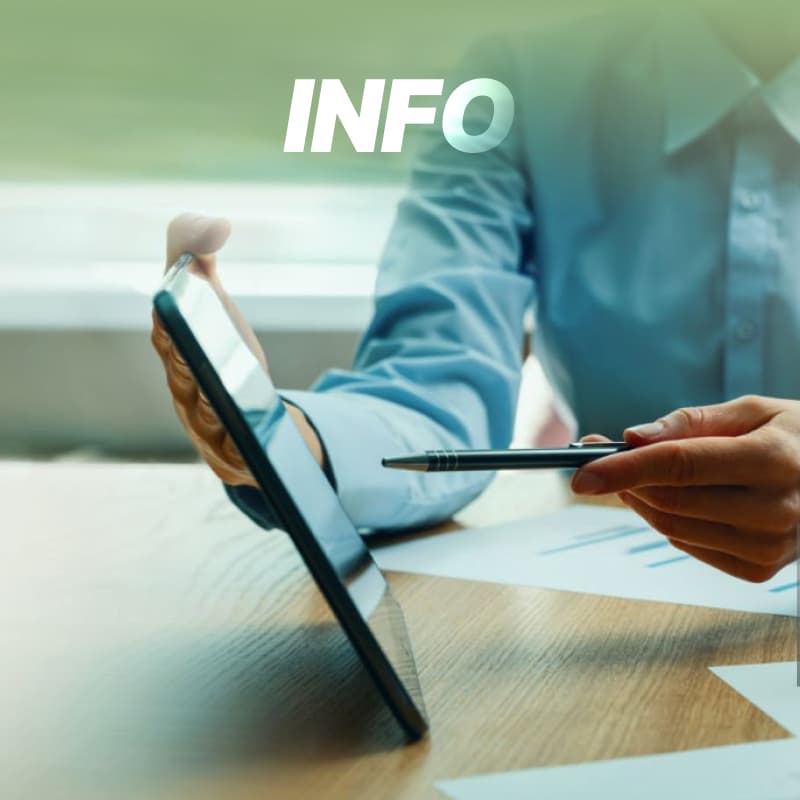
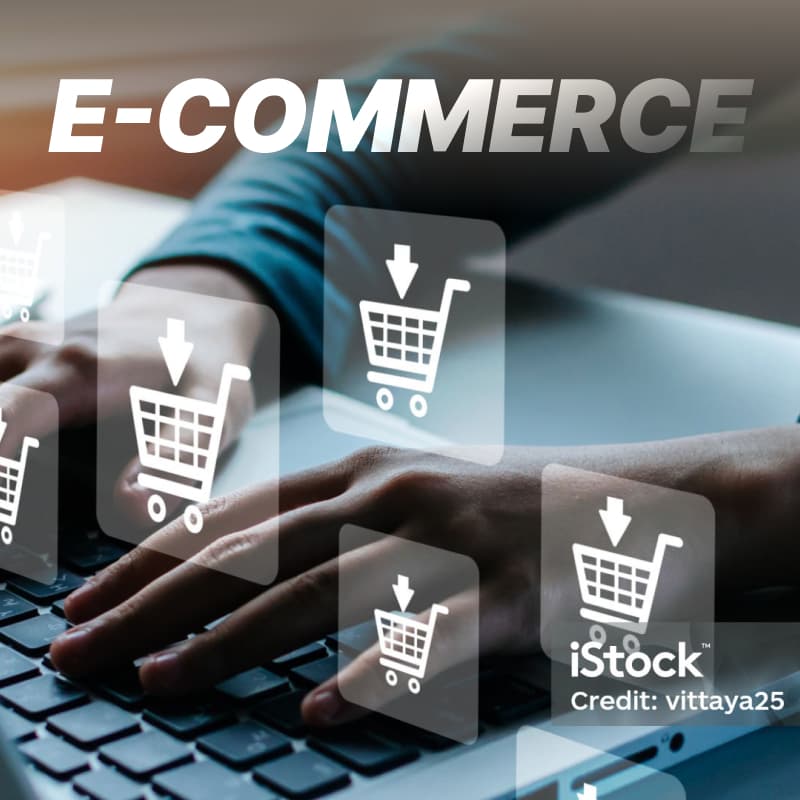
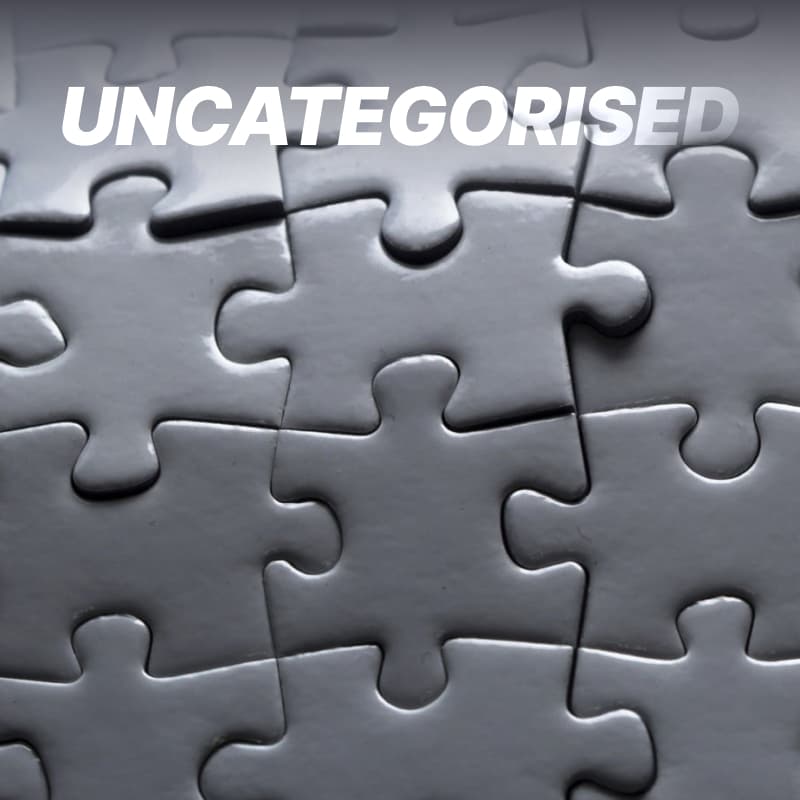

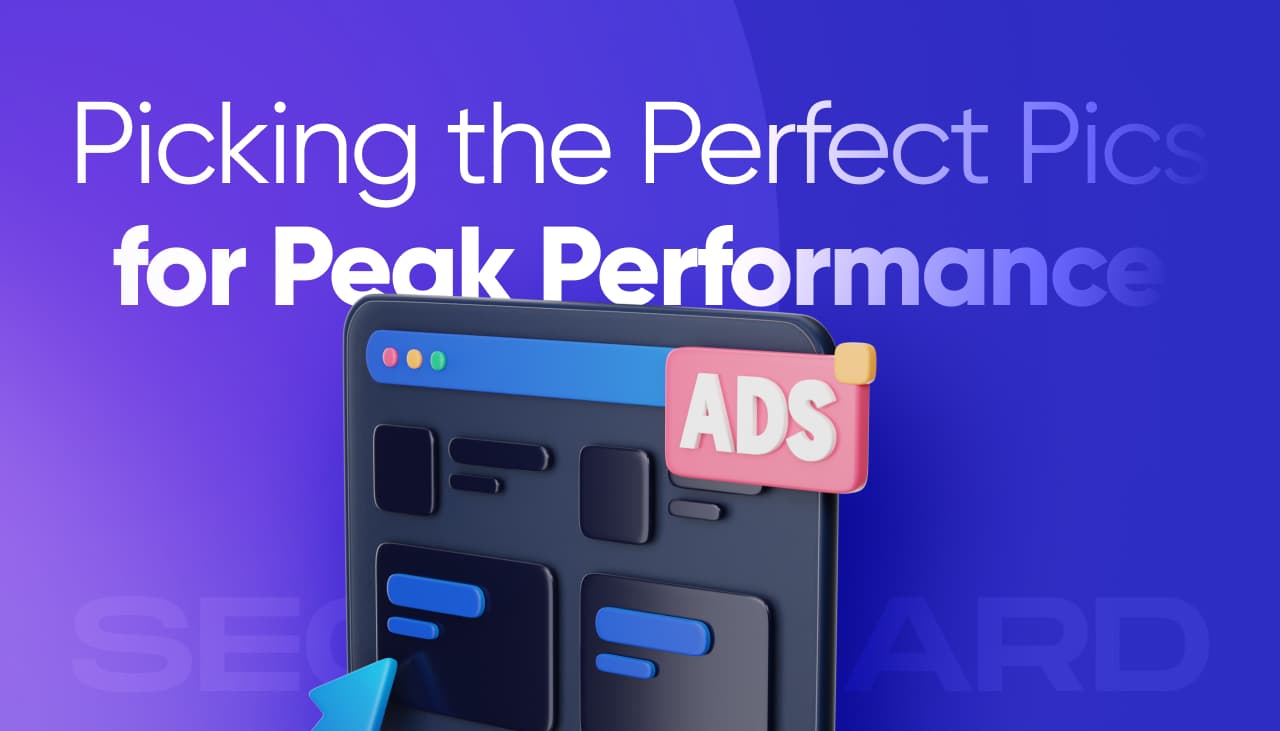

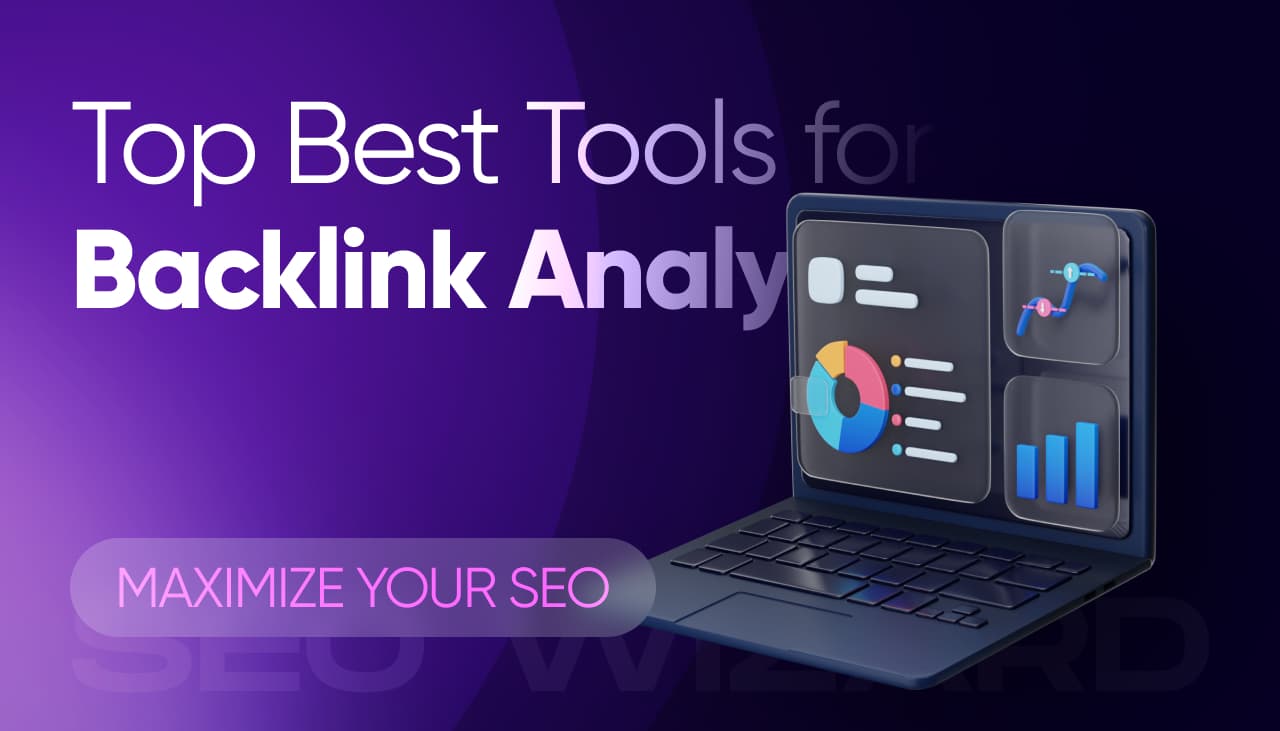
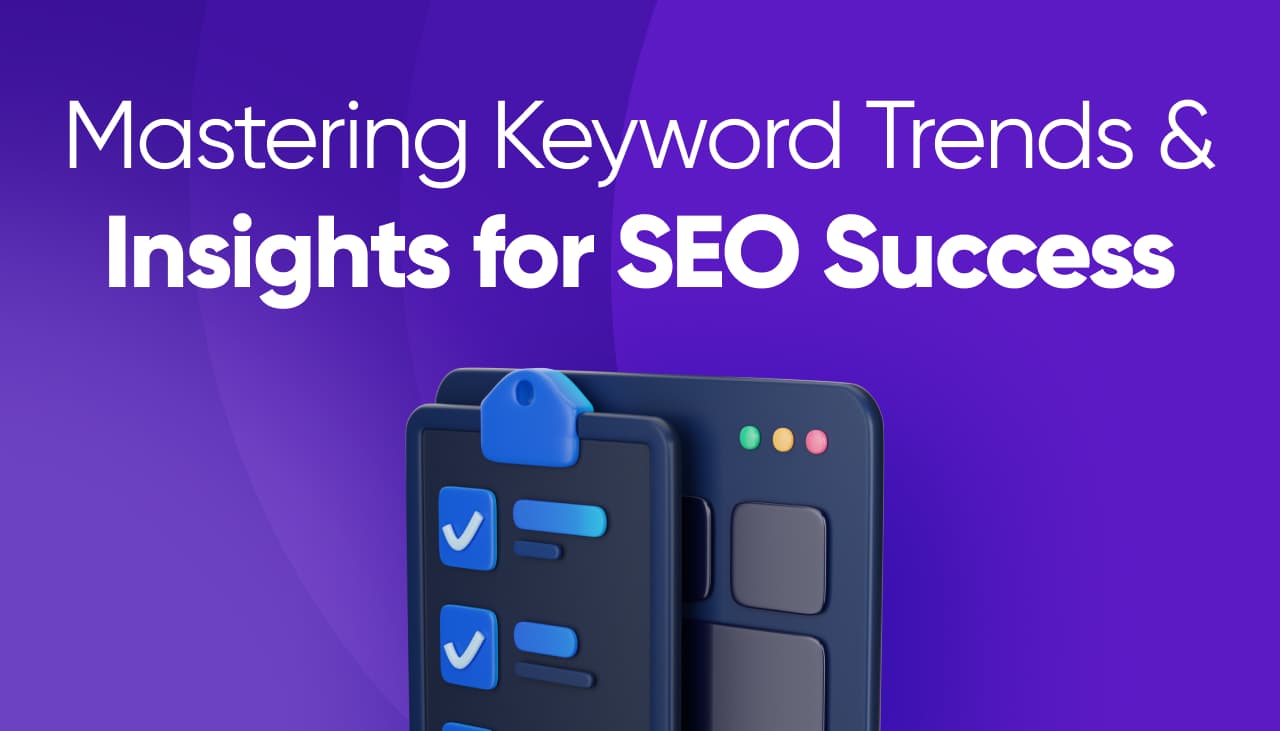
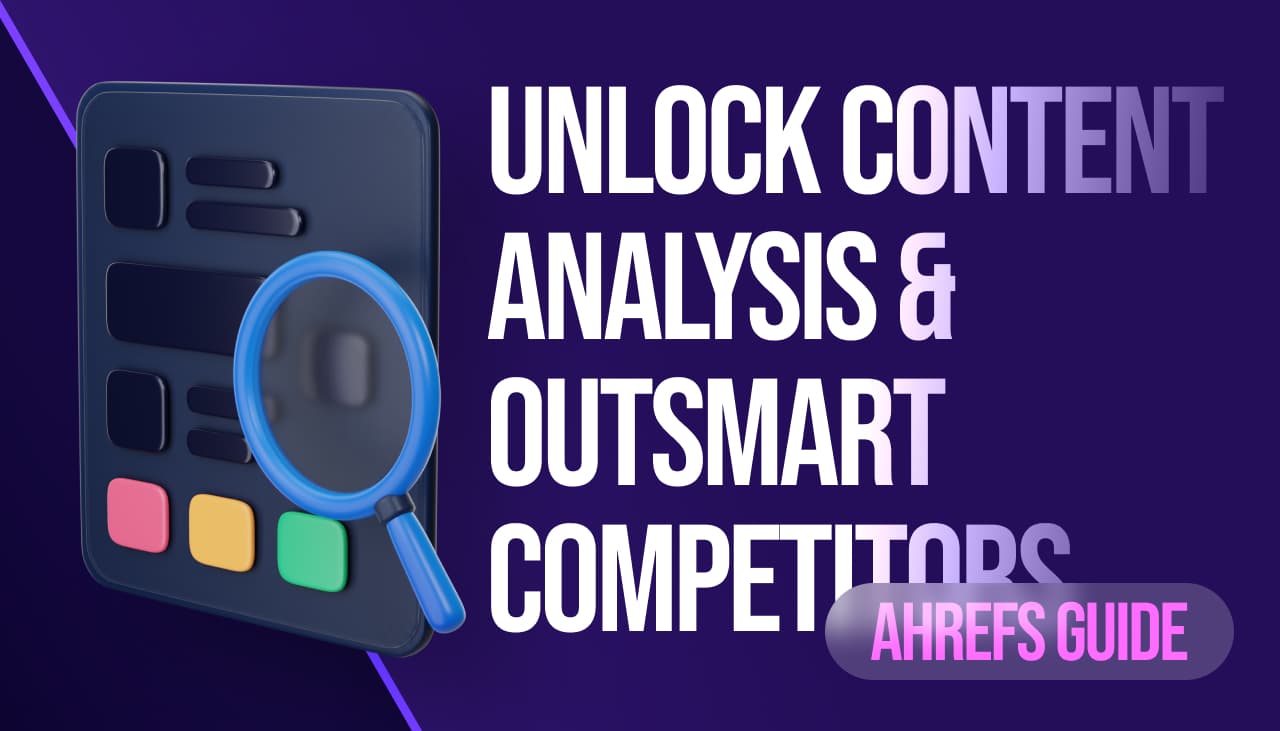
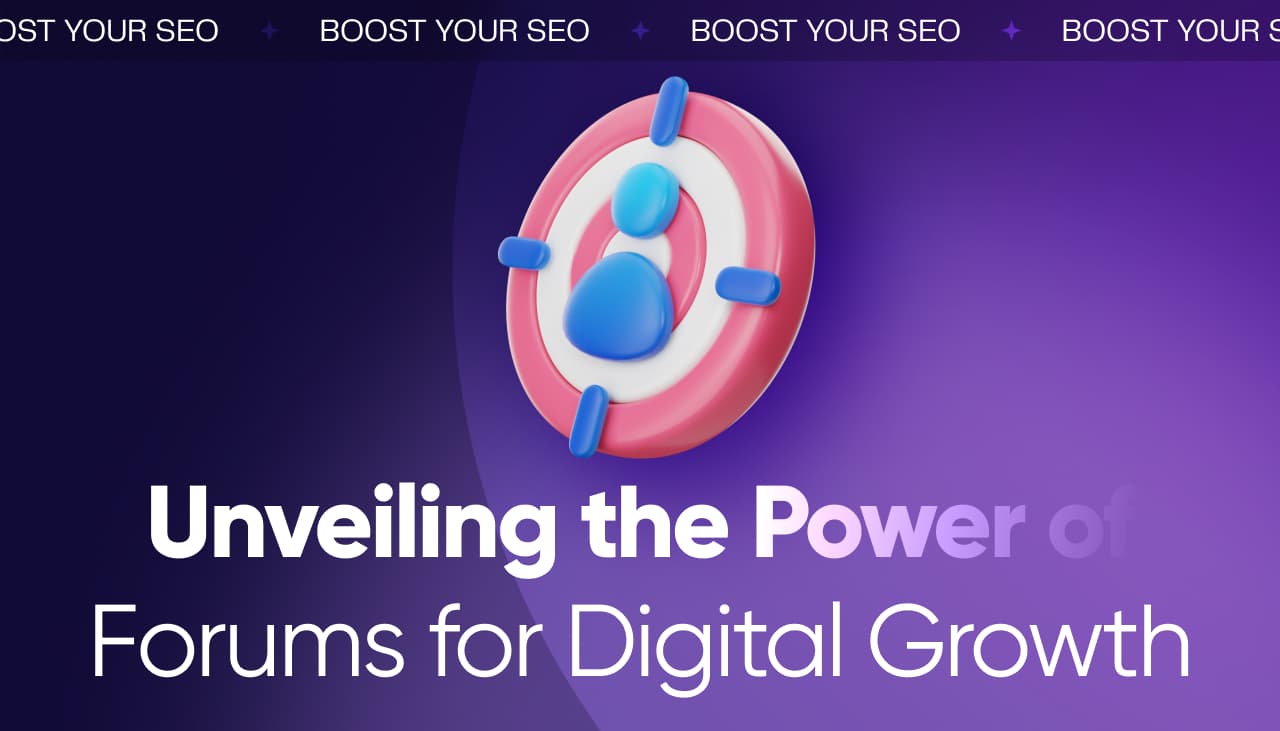
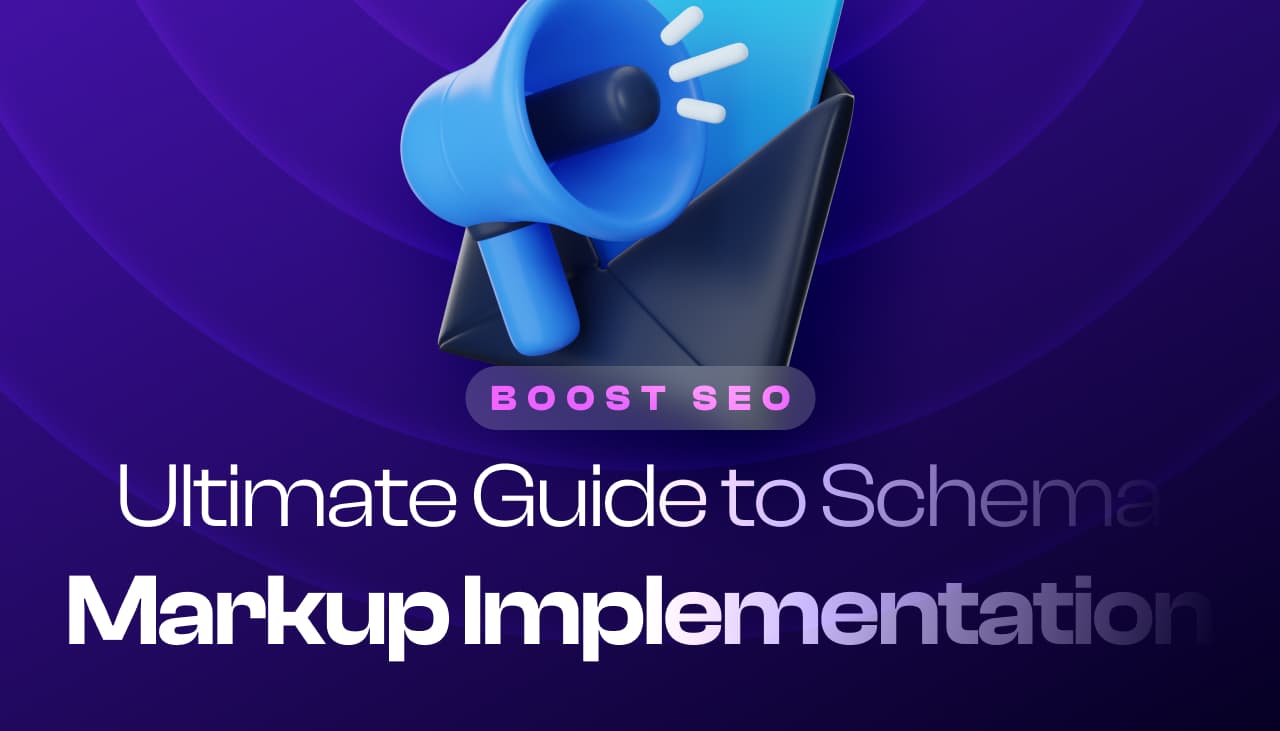
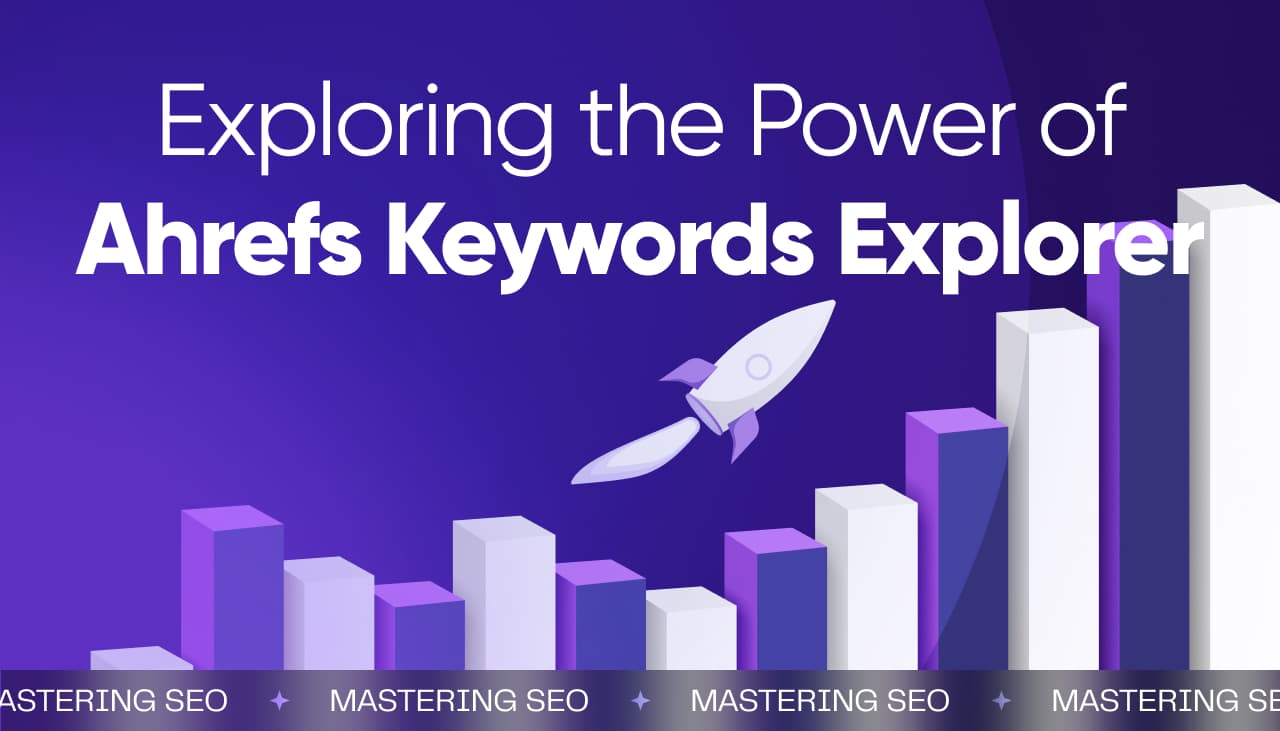
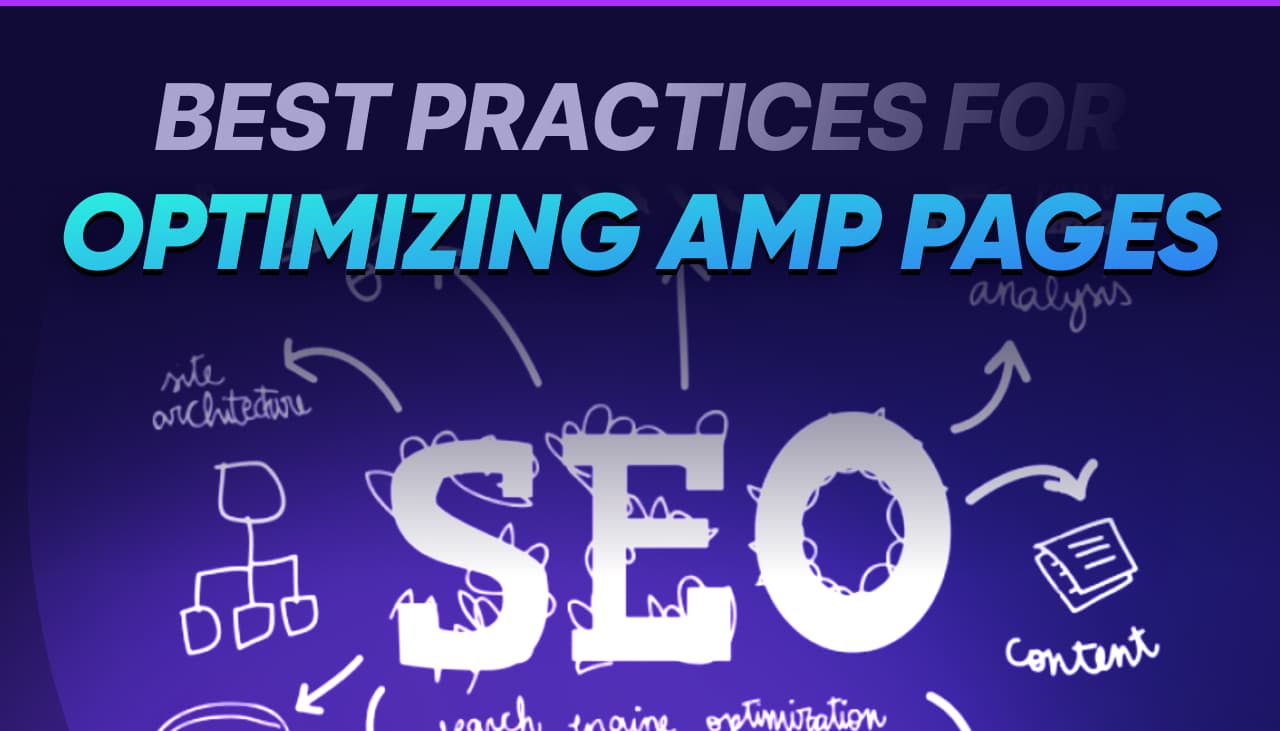
Responses (0 )